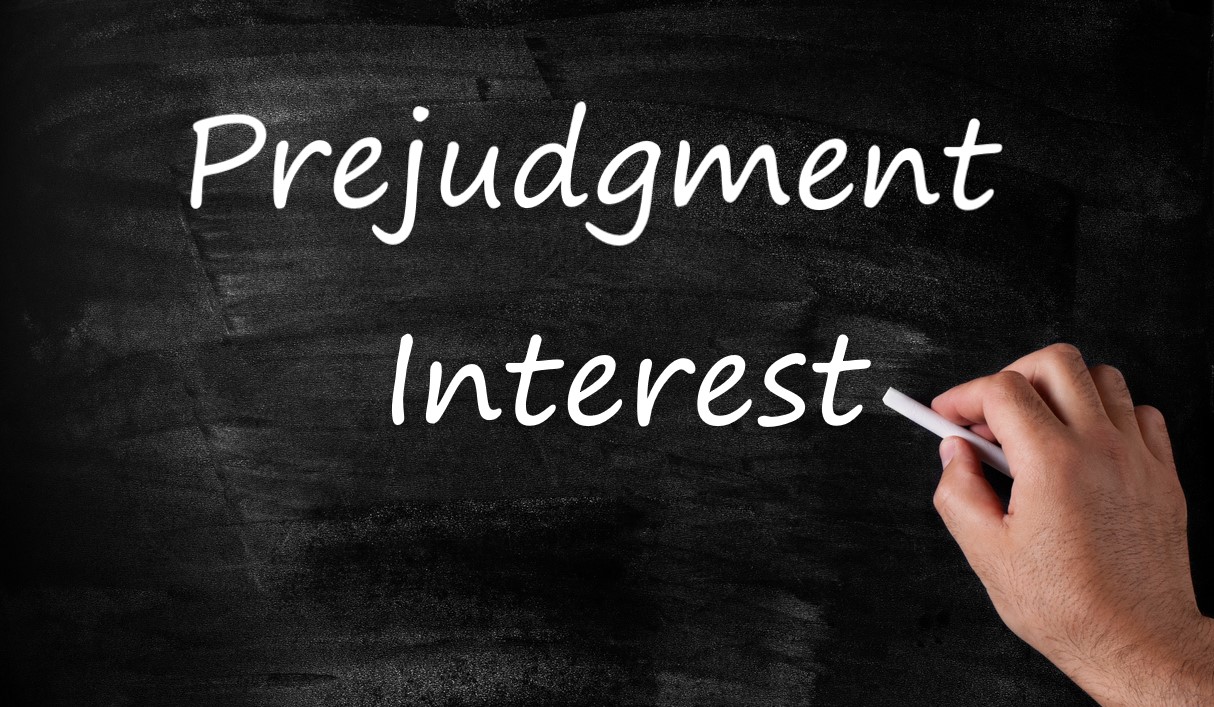In my September 26, 2013 blog post, I discussed how an insurance broker in New York can be held liable in negligence for failure to procure insurance. In this post I would like to take a step back and discuss the general common law duty of care insurance broker’s and agents owe to clients and customers in New York.
Unlike, New Jersey (see Robert Trautmann’s excellent blog), New York does not deem insurance agents and brokers fiduciaries, with certain specific exceptions.1 The standard of duty for insurance brokers to their clients is less stringent in New York than in New Jersey. It is therefore more difficult to bring a negligence action against an insurance broker in New York, although it is certainly possible. These types of actions usually occur in situations involving brokers conveying policies with insufficiently high coverage rates, improperly identified or entirely unidentified policy exclusions and material misrepresentations.
New York Duty of Care
In New York it is reasonably well settled that insurance agents/brokers do in fact have a common law duty to “…obtain requested coverage for their clients within a reasonable time or inform the client of the inability to do so.”2 However, brokers and agents are not considered by New York to be professionals in the legal sense of the word3 and are therefore not bound by the same fiduciary duties as say Doctors and Lawyers when dealing with clients. Consequently, there is no affirmative duty for a broker to “…advise, guide or direct a client to obtain additional coverage” absent a “special relationship.”5
So, while a New York broker is not considered a mere “order taker” and must therefore posses a reasonable degree of knowledge regarding the types of policies available to the client, they are, for the most part, not held to a continuing fiduciary duty. Practically speaking, if a client makes a general request for coverage in New York the broker/agent will not be subject to a duty to procure a specific type of coverage that is best for the client or even to advise a client of its existence.6 Given New York’s legal stance in this area, it is vitally important to read and understand your insurance policy before entering into a contract with your broker. Caveat Emptor!
In my next post I will discuss the elements required to prevail against a broker in a negligence action and possible defenses brokers may raise.
1See, Murphy v. Kuhn, 660 N.Y.S. 2d 371 (N.Y. 1997) (“Exceptional and particularized situations may arise in which insurance agents through their conduct or by express or implied contract with customers and clients, may assume or acquire duties in addition to those fixed by common law.”
2 Id.
3 Chase Scientific v. NIA, 96 N.Y. 2d 20 (2001).
4 Id. at 373
5 “[A]bsent a special relationship, a claim for breach of fiduciary duty will not lie…”, Bruckmann, Rosser, Sherrill & Co., L.P. v. Marsh USA, Inc., 885 N.Y.S. 2d 276, 278 (N.Y. App. Div. 2009).
6 Hoffend &Sons, Inc. v. Rose & Kiernan, Inc., 851 N.E. 2d 1149 (N.Y. App. 2006).



